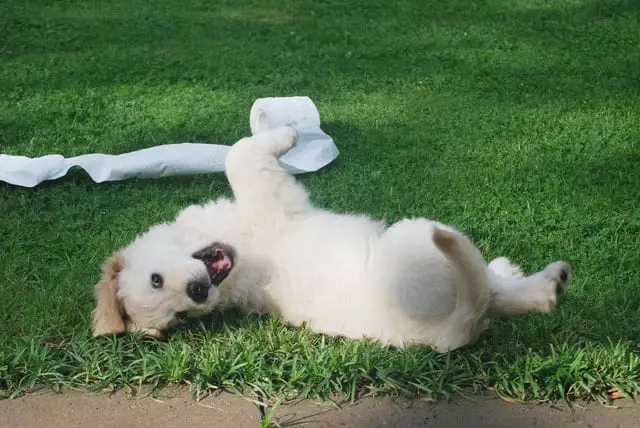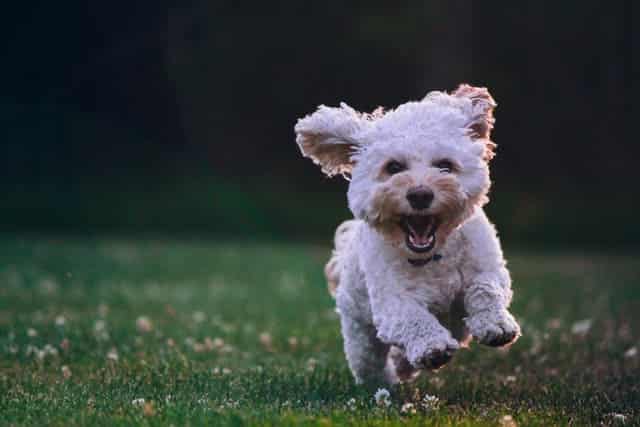Puppies are cute and endearing. Their presence makes you lively as they are playful, happy, and active most of the time. Regardless, to take care of one is no mean feat as they are very fragile and vulnerable. They are almost like your own baby. Except, of course, that they do not suckle or sleep in a baby crib, but they would if given a chance to.
Here a few guidelines to use as you parent a new puppy;
1. First Visit to the Veterinary
Get a reputable veterinarian and take the puppy for his first thorough check-up as soon as you get it. The visit is essential so that you can establish the health and physical status of your puppy. The vet will find out if it has any physical defects or health issues. The puppy will also get the necessary vaccines and set a routine for the same. The veterinarian can recommend the best puppy foods and give you essential advice on how to take care of your new friend.
2. Train the Puppy
Teach your puppy positive social skills such as obedience, good manners, and simple commands that he can understand. As you train him, you will learn from each other and develop a healthy relationship. You must have a passion for pets to do this since training a puppy needs patience and a lot of positive reinforcement. It is a baby animal, after all. At times, it will forget the bathroom instructions and have accidents in the house. The house and the carpet will then need regular cleaning.

3. Feed a Balanced Diet
For the puppy to grow at a healthy rate and manner, feed it with the proper diet and give it enough fluids. Consult your veterinarian on the best nutrition for the puppy, and if he knows any brand, he could recommend it. You may also find out from other pet owners the food they feed to their puppies. Research from online reviews to know which food is best for your puppy. A balanced and healthy food will keep your puppy healthy and will also grow at the required rate. Always remember to provide enough water for your puppy.
4. Be Alert for Any Signs of Illnesses
A puppy is vulnerable to illness since the digestive and immune systems are still developing. It may react to new diets or pick diseases from the surroundings. It is advisable to be cautious and attentive to any unusual changes that the puppy shows. If you have a close relationship with your pet, you will notice any changes in habits right away. Take the puppy for a medical check-up the moment you see any signs of sickness. Some of the symptoms of illnesses include vomiting, poor eating habits, lethargy, diarrhea, and stunted growth.
5. Outdoors Plays and Exercises
Ensure your puppy gets enough physical exercise. Provide a space indoors where you can play with dog toys and also take time to play with your puppy outdoors for it to grow into a healthy dog. Daily playtimes that include walks and runs will develop the puppy into a healthy, strong, active, and agile dog. Outdoors activities are also mentally refreshing for the puppy. A pet that’s locked indoors throughout can easily be an agitated animal.
6. Protect the Puppy
A young pet is vulnerable to disease as the immune system has not developed the required vaccines well. This will protect it from contagious infections such as skin rashes and coughs. Animals that spend much time outdoors might have vermin such as fleas and mites. Protect the puppy from predators such as eagles and coyotes as they prey on small animals. To protect him from such predators, ensure his movements are controlled and supervised as he can easily be hurt.
7. Groom the Pet Regularly
You can enlist the help of a professional pet groomer until you can do it yourself, or you can learn to do so on your own. A well-groomed puppy smells good and is beautiful to look at since the coat shines from the extra care. Clip its nails, brush the coat and trim the fur when necessary to do so. Take care of dental health, and remember to brush your teeth too. It is advisable to have a scheduled dental check-up to ensure the teeth are taken care of.
A puppy is a big responsibility as it is vulnerable and needs a lot of attention until it becomes an adult dog. Use the above tips to help you with this responsibility. If you implement these essential tips, you will enjoy the relationship with your puppy. Within no time, you will have nurtured him into a healthy dog.
